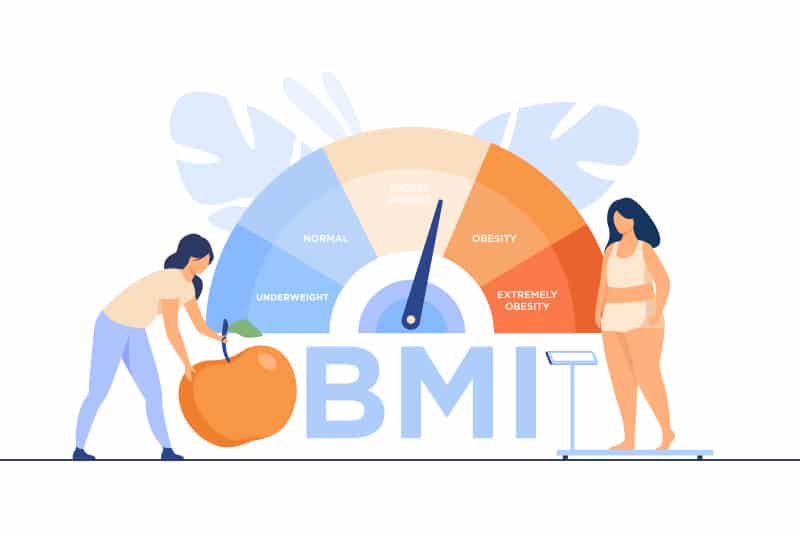You are commended for your decision to look into becoming a gestational surrogate. If you qualify and follow through with your intentions, you will be in a position to give someone a great gift. You will get the chance to give intended parents a child for which to love and care for the rest of their lives. It’s something they might not otherwise get without your caring heart.
We mentioned you have to qualify to become a surrogate. To carry someone else’s child is not a process that should be taken lightly by you or the intended parents. For certain, fertility clinic personnel have been taught to take the process seriously. What no one wants to happen is for something to go awry during the surrogate pregnancy.
Before you can be approved to serve as a surrogate, you are going to have to meet certain requirements. These requirements exist as a means of protecting the intended parent’s investment (emotional and financial), your health and well-being, and the health of the unborn child.
Of the health requirements you will have to clear, one will be your “body mass index” or BMI for surrogacy.
WHAT ARE THE BMI REQUIREMENTS FOR SURROGACY?

When a woman is carrying a child for other intended parents, there must be some reasonable assurance that the woman can go safely to term. Any other outcome is unacceptable at any level. The best chance a woman has to get to term in any pregnancy is if she is healthy.
While a women’s BMU is not the only health consideration, it is one that gynecologists rate as very important. Any BMI for surrogacy requirements that exist are in place so that standards exist to gauge the possible health of prospective surrogates. Under current guidelines, women who choose to be surrogates must not exceed the surrogate BMI standards set in their jurisdictions.
WHAT BMI IS ACCEPTABLE AND WHO DECIDES?
It’s is important to understand two things about surrogate BMI requirements. First, they are subjective standards. In other words, there is no exact science that makes clear how much a woman’s BMI is going to affect her pregnancy.

Second, the BMI for surrogacy is going to vary from one region to the next, and one fertility clinic to the next. With that said, standards are usually within a pretty narrow range throughout the fertility community.
While acceptable BMI standards can differ, there seems to be some general consensus that a surrogate’s BMU should fall between 18.5, which is considered normal, and 33, which actually pushes the bounds of being overweight. Based on these numbers, only underweight and medically obese women would likely not be approved as prospective gestational surrogates.
At the end of the day, it will be each prospective surrogate’s fertility specialist that will decide what BMI is acceptable. They are the ones who have to make sure steps are taken to protect the health of the surrogate mother and the unborn baby. To be clear, some fertility specialists have a certain BMI range that they strongly prefer.
WHY DOES BMI MATTER?

Not all existing and potential health problems are easy to diagnose. Sometimes, doctors will use things like a patient’s BMI to predict the possibility of certain health issues occurring. The last thing anyone wants to have happened is for a surrogate mother to get hit with a predictable health condition while they are going through the surrogate pregnancy.
The fact is BMI is a predictor of health conditions like high blood pressure, diabetes, and heart disease. The higher a woman’s BMI, the more likely they are to have or incur these kinds of health conditions. Clearly, any of these conditions could create an “at-risk” pregnancy.
A high BMI can also create surrogacy process issues like making it difficult for the surrogate to conceive, increasing the possibility of gestational diabetes, and putting stress on the unborn fetus.
CAN YOU BE A PLUS-SIZE SURROGATE?

What does a surrogate body look like? Truthfully, women’s bodies come in all shapes and sizes. BMI is not always a predictor of body shape. Of course, a woman’s height will also play a role in the shape of her body. If you have a marginally “plus size surrogate” body, it’s still possible you will fall within acceptable surrogate BMI guidelines.
So, yes, it is possible you can be a plus-size surrogate, but your BMI will very likely be the determining factor.
WHAT ARE THE RISKS OF BECOMING A SURROGATE WHILE OVERWEIGHT?
Above, we mentioned just a couple of the risks related to being an overweight surrogate. The fact is there are a lot of health risks tied to overweight women having babies. Here is a list of risks that most of us would consider dangerous:
- The risk of miscarriage or a stillbirth
- Preeclampsia and blood clotting problems
- Difficult labor and delivery
- Risks to the unborn fetus
- Creates the need for an emergency Cesarean-section
- Possible infections of the uterus or birth canal
- Sleep difficulties
Yes, this is just a partial list. That should make it clear why fertility doctors don’t want to approve women with too high or too low BMIs for surrogacy.
It would be unfortunate if your BMI were to fall outside of acceptable guidelines. Hopefully, you would understand that the guidelines exist for the protection of all concerned parties. Just the same, it is clear your heart and soul are in very good places. The fact you want to give something as special as a child to loving parents is without rival.
For future consideration, you can improve your BMI through nutrition and exercise. You should see your primary care physician for medical advice. If things were to improve, you could certainly try to qualify as a gestational surrogate in the future.
